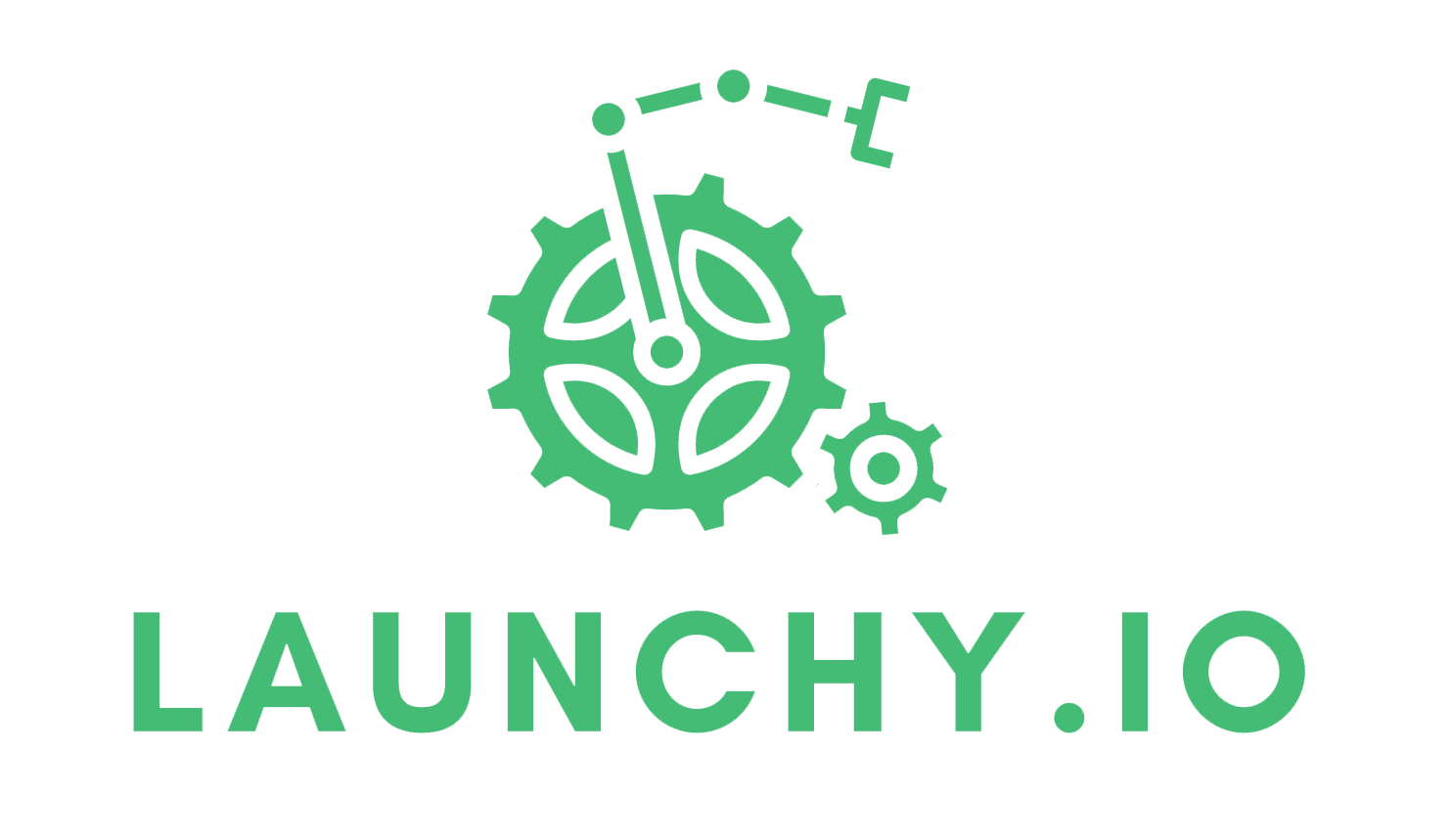In today’s fast-paced business environment, an efficient business process is more crucial than ever to keep businesses ahead of their competitors and to ensure they remain relevant in their respective industries.
Like many industries, the allied healthcare industry requires a time-saving, streamlined, and efficient business process. This is especially important for healthcare clinic owners to attract patients and retain them in their customer base.
As these clinics serve many customers a day, they collect a large volume of patient data. This includes patients’ personal information, diagnoses, and prescribed medications. However, sorting and organising large volumes of patient data can be time-consuming and tedious, and may even lead to costly processing errors when performed manually.
That’s not all; scheduling appointments and getting diagnostic results can be a hassle for patients without the help of technology. To mitigate these issues and ensure smoother and more efficient workflows in the allied healthcare sector, clinics should consider automating their business processes.
Healthcare facility owners may be wondering “Why automate business processes?”. Well, there are many benefits that business process automation can offer allied healthcare providers. Let’s explore these benefits in greater detail below.
1. Automates repetitive business processes
Healthcare employees juggle multiple responsibilities and tasks in a day. This leaves them with less flexibility to sort and organise customer data, manage patient-doctor appointments, blast out marketing campaigns, produce accurate invoicing, billing, and claims processing, or perform other tasks that are processed manually.
This platform also reduces human-based errors and improves the workflow efficiency of a healthcare clinic by reducing processing times and improving data accuracy. By investing in a business process automation platform, healthcare employees are freed from manual tasks to focus on providing better patient care and brainstorm ways to attract more patients to their healthcare facility.
2. Customises automatic scheduling
There may be circumstances where appointment dates originally scheduled between a patient and the healthcare facility have to be changed, due to unforeseen circumstances. There are also instances where a patient may forget about a scheduled appointment and therefore, miss them.
By investing in a business process automation platform, healthcare employees can send automatic alerts and reminders to patients and notify them of their appointments. The platform also makes it easier for patients to reschedule their appointments without any hassle.
Automated appointment reminders, together with follow-up communications, can help reduce no-shows and ensure that patients adhere to their treatment plans. This proactive approach contributes to better patient engagement and facilitates timely interventions.
Another inconvenience that patients face is long waiting hours. Using the scheduling feature of the business process automation platform, healthcare employees can significantly reduce these long waiting times by assigning time slots for patients in advance.
3. Offers faster diagnosis and care
Business process automation platforms can be integrated with third-party applications such as diagnostic tools and medical devices. When a patient’s test results or other diagnostics are generated, they are automatically transferred into the patient’s record. This minimises the risk of errors and speeds up the diagnostic process.
This platform also enables automated monitoring systems which can track patients’ vitals and alert healthcare providers in real-time if there are any anomalies or deviations from normal parameters. This enables swift interventions, especially for patients with chronic conditions, contributing to overall better patient care.
Another strong feature of business process automation which answers the question “Why automate business processes?” is its integrated capability with telemedicine solutions. This allows healthcare providers to remotely assess and diagnose patients. This is especially beneficial for follow-up appointments, routine check-ups, and medical consultations.
4. Enhances communication
In the healthcare industry, there may be instances where miscommunication or misunderstandings between healthcare workers slow down or lead to costly errors. This can also compromise the quality of patient care offered, which could affect the return rate of patients to the healthcare facility.
To prevent this from happening, a business process automation platform can facilitate better communication and collaboration between different healthcare departments. Timely sharing of information and coordinated efforts lead to quicker decisions and also enhance patient care efficiency.
Why automate business processes? To streamline processes in the allied healthcare industry
To answer the question “Why automate business processes?”, there are many reasons you should opt for automation to simplify and streamline business workflows and to improve patient care within your facility.
Employees in the allied healthcare industry have to manage multiple tasks daily. By investing in a business process automation platform, they can free up their time to focus on other high-value tasks. This platform also helps to minimise costs and boost the clinic’s ROI.
Schedule a consultation with an automation expert today to experience the benefits of business process automation for your allied healthcare facility.

